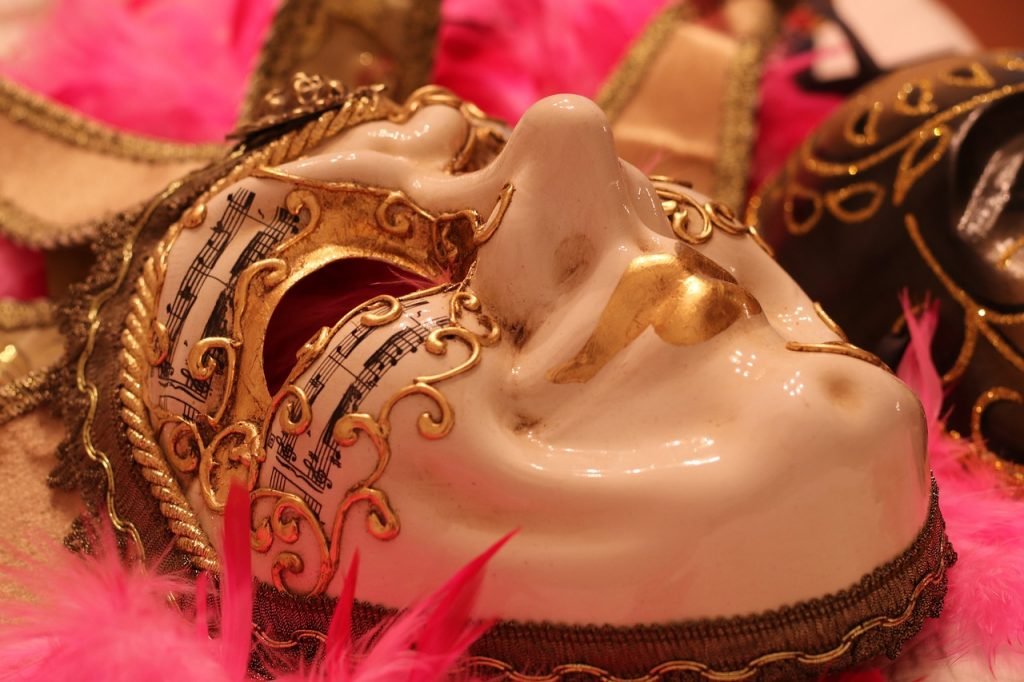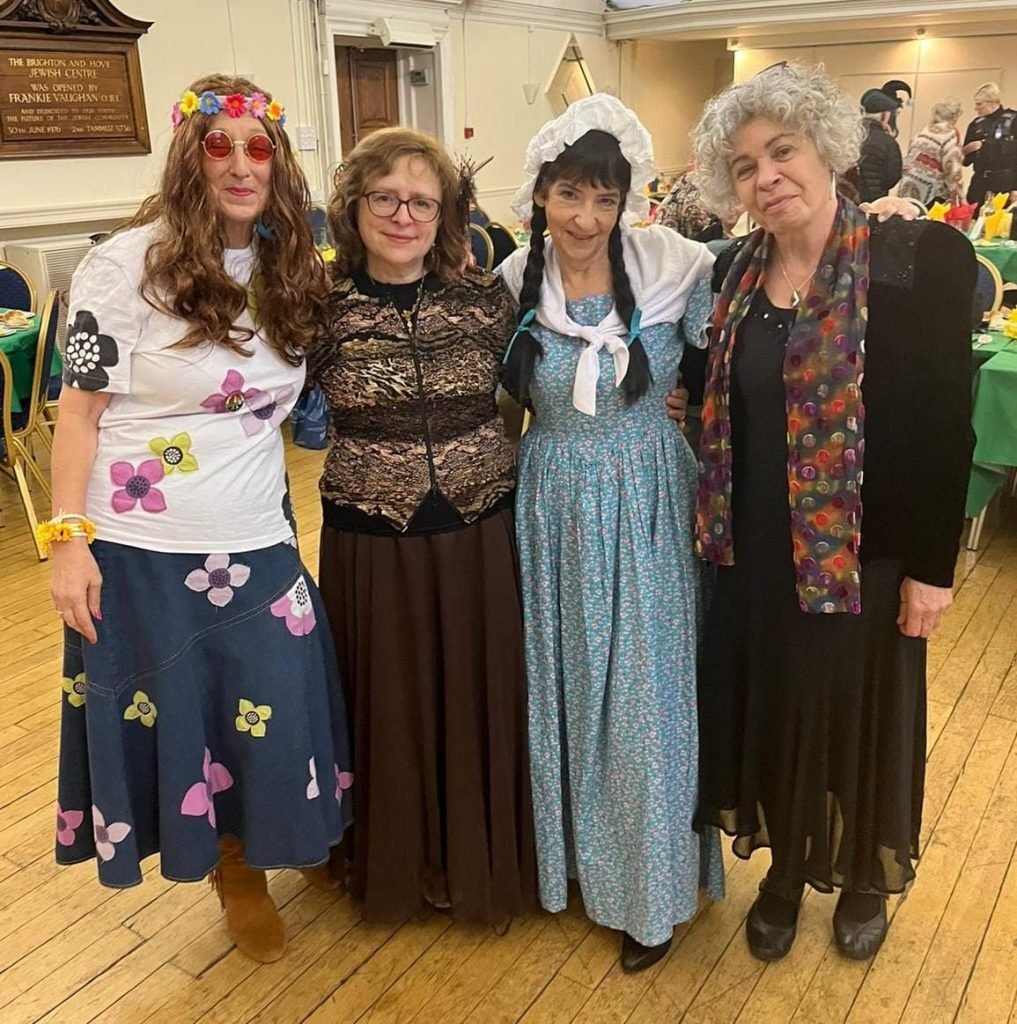Purim is a Jewish holiday that is celebrated on the 14th day of the Hebrew month of Adar, which usually falls in late February or early March on the Gregorian calendar. The holiday commemorates the salvation of the Jewish people from the evil Haman, who had plotted to kill all the Jews in ancient Persia.
The story of Purim is recounted in the Book of Esther, which tells how Esther, a Jewish woman, became queen of Persia and used her influence with the king to foil Haman’s plan. Haman, who was the king’s advisor, had convinced the king to issue a decree allowing him to exterminate all the Jews in the kingdom. However, Esther, with the help of her cousin Mordechai, was able to expose Haman’s evil plan and convince the king to revoke the decree. In the end, Haman was hanged on the gallows that he had prepared for Mordechai, and the Jews were able to defend themselves against their enemies.
Purim is celebrated in several ways. The day before Purim is known as the Fast of Esther, during which Jews fast from dawn until dusk in memory of Esther’s three-day fast before she went to see the king. On Purim itself, Jews gather in synagogues to hear the Book of Esther read aloud. Whenever the name of Haman is mentioned during the reading, the congregation makes noise with noisemakers called groggers to drown out his name. This tradition serves to express the community’s disdain for Haman and his evil plot.
Another important aspect of Purim is the giving of gifts to friends and family members, known as mishloach manot. These gifts typically consist of food items such as hamantaschen, a traditional pastry filled with poppy seeds or fruit preserves, and other snacks. Jews are also encouraged to give to charity during Purim, as a way of remembering the less fortunate.
Finally, Purim is also a time for celebration and revelry. Jews dress up in costumes, often as characters from the story of Purim, and attend festive parties and parades. This tradition is thought to have originated in the 16th century, when Jewish communities in Europe began to adopt the popular carnival traditions of their non-Jewish neighbors.
In summary, Purim is a joyous holiday that celebrates the salvation of the Jewish people from an evil plot to destroy them. Through traditions such as the Fast of Esther, the reading of the Book of Esther, the giving of gifts, and the celebration of community, Jews around the world come together to remember this important event in their history and to rejoice in their survival.



